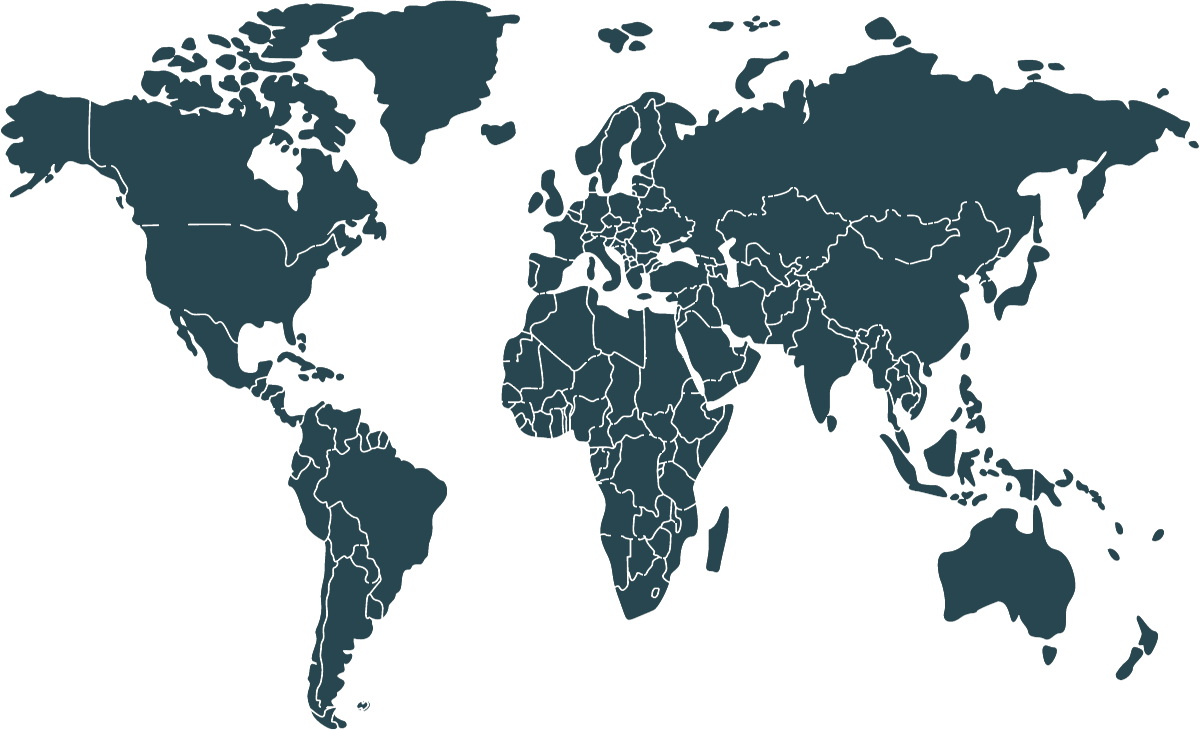The I-REC Standard provides rules and best practices to market facilitators so they can offer electricity users around the world, evidence-based choices for procuring renewable energy. Of which, the Electricity REC, or I-REC(e), scheme in Brazil is adherent to the rules of the I-REC Standards’ International Attribute Tracking Standard and is a collaborative project of the Brazilian Wind Energy Association (ABEEólica) and the Brazilian Clean Energy Association (Abragel). The goal of the Brazilian REC scheme is to enable Brazilian end-users a choice in where their electricity comes from in a reliable and robust way while supporting the electricity generators of their choice. I-RECs in Brazil are issued by Instituto Totum, the I-REC Standard’s authorized I-REC Issuer.
Over the past year, there have been significant developments in the Brazilian I-REC(e) market and substantial growth in interest from electricity generators and trading groups. The Director of Instituto Totum, Fernando Lopes, was recently quoted in the Brazilian media outlet, Reuters’ article (in Portuguese) from the 12th of May 2021, elaborating on the developments of the I-REC market,
‘“To give you an idea, we ended 2019 with approximately 2.5 million I-REC transactions in Brazil. In 2020, there were 4 million, and in 2021, we have already reached the 4 million market at the end of April,” said the director of Instituto Totum, Fernando Lopes. “In fact, it has really increased…we estimate that we should reach something like 10 million I-RECs this year.”’
I-REC(e) issued in Brazil are sourced from companies that operate renewable assets ranging from hydroelectric plants to wind and solar plants, and biomass plants such as the UTE Biogás Bonfim which has only recently been registered with the I-REC Standard. With more devices being added to the registry and issuance likely reaching 10 million I-RECs this year, the demand for I-RECs also continues to grow. The ever-growing demand for renewables is also felt by many large organizations such as the state-owned company Copel and the Italian company, Enel, who are both active in the I-REC market.
Parana Copel’s President of Energy Trading, Franklin Kelly Miguel told Reuters, “Today, we have a request every week, every week there is a client asking. Last year, this was demanded once a month. Large groups, companies listed on the stock exchange, these are practically all demanding certification, and before that, there was no demand.” And this is sentiment is mirrored in trading opportunities gained by Enel in Brazil with 1.5 million I-RECs to be issued in the coming years having been recently negotiated. Nicola Cotugno, Head of Enel, explained in the Reuters article, “For Enel Brasil, being a partner of companies that want to contribute to a more sustainable future, engaged in the ESG agenda is proof of our commitment to generate value for society through innovation and the production of clean energy.”
The I-REC Standard Foundation is pleased with the fantastic growth of the Brazilian I-REC market and proud of all the work being done by the Brazilian market players and facilitators such as Instituto Totum.
Crescimento do Mercado I-REC no Brasil
O padrão I-REC fornece regras e melhores práticas para comercializadores oferecerem aos usuários de eletricidade em todo o mundo opções baseadas em evidências para a aquisição de energia renovável. O padrão I-REC no Brasil é aderente às regras do I-REC Standards e conta com a participação da Associação Brasileira de Energia Eólica (ABEEólica) e Associação Brasileira de Energia Limpa (Abragel). O objetivo é permitir aos usuários finais brasileiros uma escolha de onde sua eletricidade vem de uma forma confiável e robusta, apoiando os geradores de eletricidade de sua escolha. Os I-RECs no Brasil são emitidos pelo Instituto Totum, o Emissor I-REC autorizado oficialmente pelo I-REC Standard.
No ano passado, ocorreram desenvolvimentos significativos no mercado brasileiro de I-RECs e um crescimento substancial no interesse de geradores de eletricidade e grupos comerciais. O Diretor do Instituto Totum, Fernando Lopes, foi recentemente citado na mídia brasileira em um artigo da Reuters de 12 de maio de 2021, comentando sobre a evolução do mercado I-REC: “Para se ter uma ideia, encerramos 2019 com aproximadamente 2,5 milhões de transações I-REC no Brasil. Em 2020, eram 4 milhões e, em 2021, já atingíamos o mercado dos 4 milhões no final de abril”, disse o diretor do Instituto Totum, Fernando Lopes. “De fato, aumentou bastante mesmo… estimamos que devemos chegar a algo como 10 milhões de I-RECs neste ano.”
I-RECs emitidos no Brasil são provenientes de empresas que operam ativos renováveis que variam de usinas hidrelétricas a usinas eólicas e solares, e usinas de biomassa, como a UTE Biogás Bonfim, que recentemente foi registrada no Padrão I-REC. Com cada vez mais dispositivos sendo adicionados ao registro e o volume de emissão provavelmente alcançando 10 milhões de I-RECs este ano, a demanda continua a crescer, e também é sentida por muitas organizações de grande porte, como a estatal Copel e a italiana Enel, que atuam no mercado de I-REC.
O Presidente de Comercialização de Energia da Paraná Copel, Franklin Kelly Miguel, disse à Reuters: “Hoje, nós temos solicitação toda semana, toda semana tem cliente pedindo. Ano passado isso era demandado uma vez por mês. Grupos grandes, empresas cotadas em bolsa, essas praticamente todas estão exigindo certificação, e antes não tinha essa demanda.”. E esse sentimento é espelhado nas oportunidades comerciais obtidas pela Enel no Brasil, com 1,5 milhão de I-RECs a serem emitidos nos próximos anos, tendo sido negociados recentemente. Nicola Cotugno, chefe da Enel, explicou no artigo da Reuters, “Para a Enel Brasil, ser parceira de empresas que queiram contribuir com um futuro mais sustentável, engajadas na agenda ESG, é a comprovação do nosso compromisso de gerar valor para a sociedade por meio da inovação e da produção de energia limpa”
A I-REC Standard Foundation está satisfeita com o fantástico crescimento do mercado brasileiro de I-REC e orgulhosa de todo o trabalho que está sendo feito pelos agentes e facilitadores do mercado brasileiro, como o Instituto Totum.
